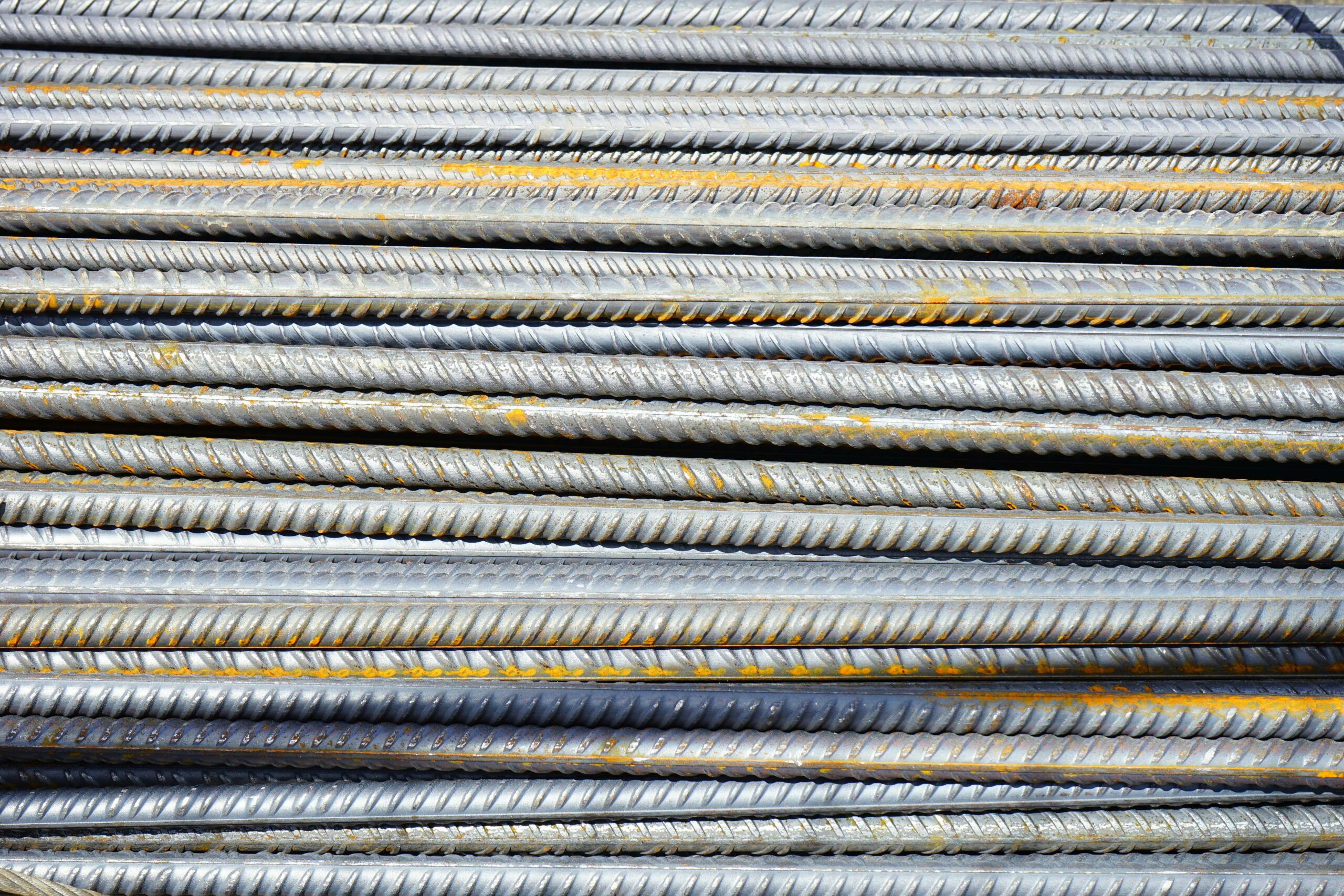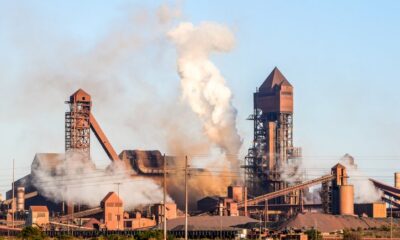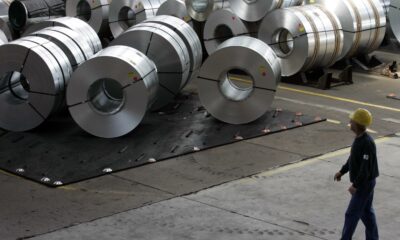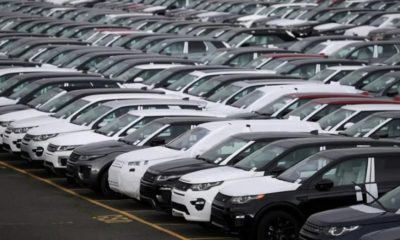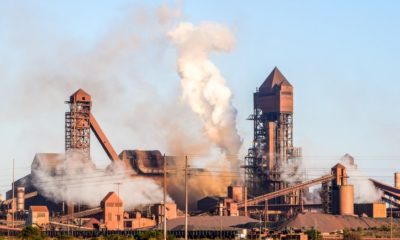Faced with a tidal wave of cheap steel that is drowning producers and threatening jobs, industry ministers from leading steel-making nations have issued a unified call for urgent, market-based reforms. The collective plea, made at a major global steel forum, highlights a sector in crisis, struggling to stay afloat amid a massive global oversupply.
The problem is not a lack of demand, but a fundamental imbalance in the market. For years, production capacity, particularly from state-subsidized producers in some countries, has vastly outstripped global consumption. This has flooded the market with cheap steel, driving down prices and pushing efficient, commercial producers to the brink.
The Chilling Effect of Subsidized Overproduction
At the heart of the crisis is what many Western ministers term “unfair competition.” When foreign governments provide massive subsidies to their domestic steel industries, it allows those producers to sell steel at artificially low prices on the international market.
This practice makes it impossible for non-subsidized, market-driven mills to compete. The result is shuttered factories, lost jobs, and a weakening of the entire industrial base in countries that play by market rules.
A Push for a Level Playing Field
The call for “market-based reforms” is a direct challenge to these distorting subsidies. The ministers are pushing for international agreements and trade measures that encourage transparency and force all producers to operate under similar commercial pressures.
The goal is to create a global market where the price of steel reflects the true cost of production, including environmental standards and fair labor practices. This would allow the most efficient and innovative producers to thrive, rather than those with the deepest state coffers.
An Industry Fighting for Its Future
The survival of the commercial steel industry in many nations depends on correcting this imbalance. Without reform, the ongoing oversupply will continue to suppress prices, stifle investment in new, cleaner technologies, and lead to further deindustrialization.
The unified stance at the forum is a significant step. It signals that the problem is now too large to ignore and that affected nations are prepared to coordinate their response. The future of one of the world’s oldest and most vital industries may well depend on whether these calls for a fair and rational global market are finally heard.
